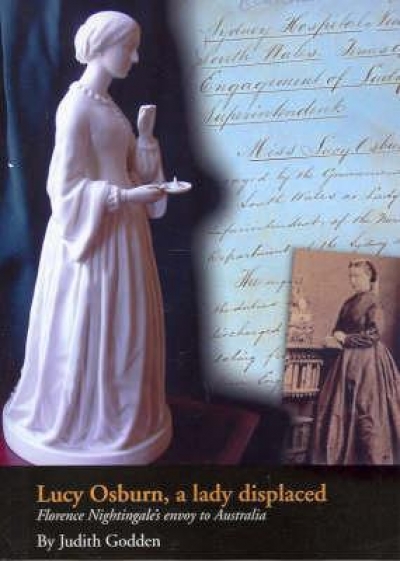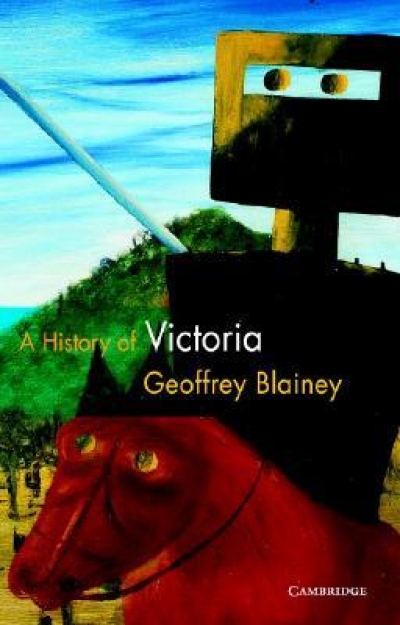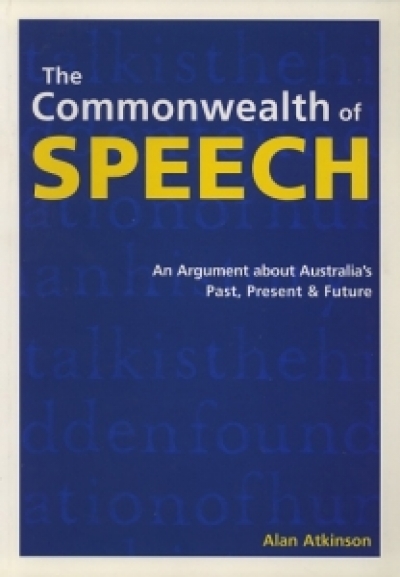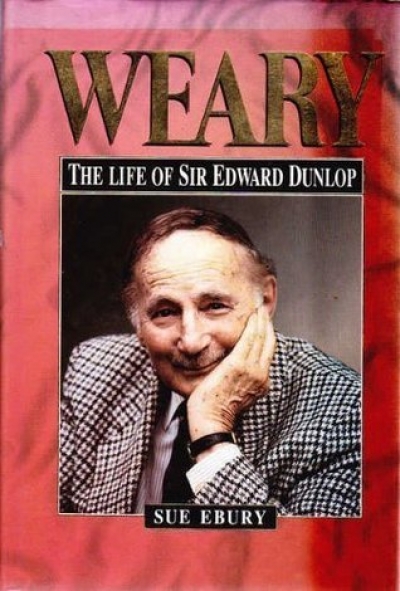Beverley Kingston
Lucy Osburn, A Lady Displaced: Florence Nightingale's envoy to Australia by Judith Godden
by Beverley Kingston •
An earlier version of this history of Victoria first appeared in 1984 as Our Side of the Country. Though for the past sixteen years Sydney-born politicians Paul Keating and John Howard have usurped Victoria’s former almost constant ‘top position’ in Canberra, the possessive pride reflected in that early title still runs through this modern version ...
... (read more)The Commonwealth of Speech: An Argument about Australia’s Past, Present and Future by Alan Atkinson
by Beverley Kingston •




